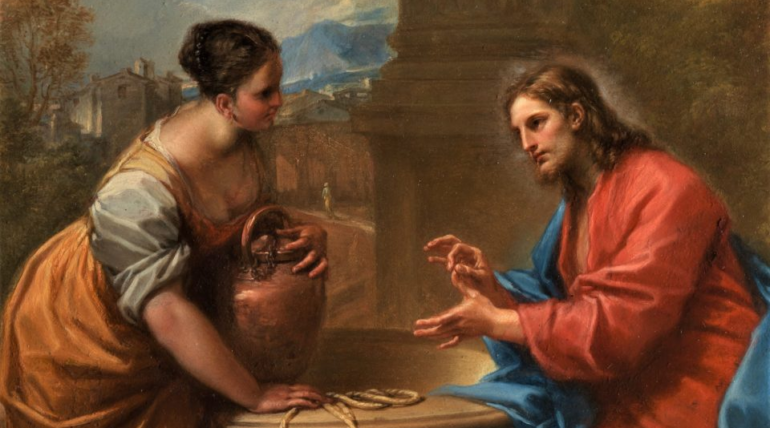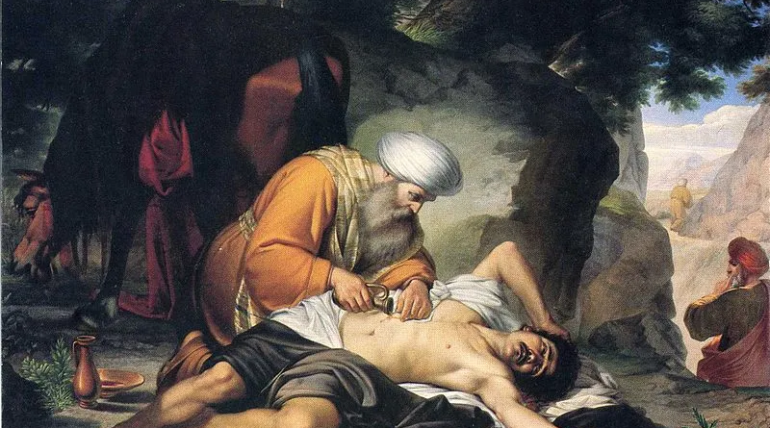2nd Sunday of Easter A
Christ has died, Christ is risen…. What now? Where do we go from here? Jesus’ death is like a little mustard seed planted in the soil. His resurrection is like the fully grown tree which is home to the birds of the air. The birds gather to rest and feed in its branches. Jesus’ return to a new kind of life resulted in people gathering in groups to hear the news and break the bread. Family and friends continued to die and believers sought reassurance from the community that the lives of their loved ones have changed but not ended. In our northern hemisphere winter is receding, nature is starting to bloom once again, birds and bees are busy despite shifting weather patterns and global disruption. And we press on.
Good Friday was a day of tearful sadness and deep shock and trauma for Jesus’ followers. In the days following his death darkness hung over them all. Liturgical Easter doesn’t lessen our own pains, aches and losses, but these days of Eastertime draw our attention to the healing encounters with the risen Christ that his followers experienced. The dark cloud of shock hanging over the two disciples on their way to Emmaus; Mary Magdalene, weeping profusely by the empty tomb while it was still dark, felt she had lost everything. The sense of loss is neatly recounted in the incident where, after a long and fruitless night’s fishing, Jesus appeared on the lakeshore at dawn and asked for something to eat.
The resurrection of Jesus from the dead is not just about something that happened to an individual some 2,000 years ago, nor is it a story of the resuscitation of someone who died and came back again like Lazarus. Resurrection is about what happened not only to Jesus but what is happening now to believers. Through baptism Christ lives in us NOW. His rising from the dead brings us to a new faith level of living. God is not a faraway figure who waits and reaches out to help when we ask. Pope Benedict XVI complained that too many Christians were comfortable with that kind of religion. It’s called Deism and honours a god neither of the scriptures nor of Jesus Christ.
The risen Christ prays with and in us, walks with us, eats and drinks with us, works with and in us, suffers and sleeps in us, laughs with and in us. The famous words of Teresa of Avila come to mind: Christ has no body now on earth but yours – no hands, no feet but yours. Yours are the eyes with which Christ looks out his compassion to the world. Yours are the feet on which he goes about. Yours are the hands with which he blesses us now. Living within us, he wakes us up to who we are, and kindles in us both enthusiasm (from the Greek “en theos” meaning ‘in God’) and courage in living our faith. The seven authentic letters of Paul and Luke’s Acts of the Apostles bear abundant witness to the enthusiasm and courage of early Christianity. Cf. Gesa Vermes, Christian Beginnings, Penguin 2012.
Fr. QQ – 04/12/2023




